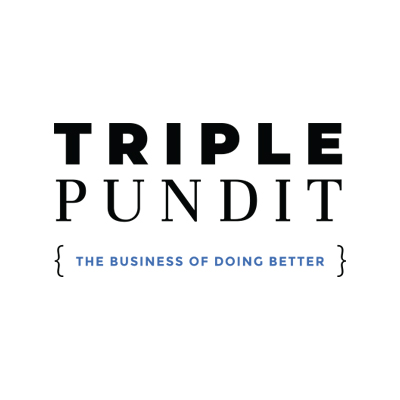Nouriel Roubini, the economist from New York University's Stern School of Business who earned the nickname "Dr. Doom" when his predictions of an economic meltdoom came true in the 2008 recession, sees co-operatives as part of the solution.
Speaking at the International Summit of Co-operatives in Quebec City's convention centre Tuesday, Roubini said he has known about co-operatives, "since I was a child."
Growing up in Italy, co-operatives were involved in agriculture, financial services and retail, he said. Later, working on a kibbutz in Isreal, he learned about "sharing with other people and common goals."
Before Roubini spoke, Monique Leroux, who heads Quebec's 5.6-million member Desjardins financial co-operative movement, told the summit that with a million co-operatives of all sorts in the world, counting about one billion members, each with one vote in their co-operative enterprise, co-operation represents a "quiet force."
"And yet we are not well known," Leroux said, expressing the hope the summit would change that.
The New York-based consulting firm McKinsey & Co. estimates co-operative ventures account for between three and five percent of world output.
Roubini said activities such as mining are capital intensive and not adapted to the co-operative model, but in his native Italy, small, family-run businesses must go after emerging markets, in China, India and Brazil.
There, growth averages six per cent annually, compared with growth rates below two per cent in the advanced economies.
"Small is beautiful," but they can't do so on their own, he said, suggesting small firms band together in export co-operatives, sharing resources and costs.
"Global growth is going to come from emerging markets," Roubini said.
Michael Spence is a New York University economist who won the 2001 Nobel Prize for economics for his work on market development and information flows. He noted that emerging economies, which already account for half world output, will triple in size over the next 25 to 30 years — from $65 trillion to $180 trillion or $200 trillion, mostly in Asia — and that a new sustainable growth model is needed in the developed economies.
Spence does not see top-down directives from government as the solution.
"It's going to be accomplished by a lot of innovation. By individuals, by neighbourhoods, by companies.
"It's going to require innovation in the way resources are distributed and used.
"I think it's the major challenge we face," Spence said.
As well, there is an issue of rising income inequality in the developed economies, such as Canada and the United States, where the share of wealth going to workers is steadily shrinking, while capital condenses in the hands of a few.
We need "to have a share of that income going to capital, recycled back to people who work," he said.
Spence sees co-operatives offering an ownership structure that can be inventive in adopting new growth models, while "creating shared value."
He also noted that major sporting franchises are organized as co-operatives, citing the Green Bay Packers, Saskatchewan Roughriders and Real Madrid.
Michael Sabia, president of the Caisse de dépôt et placement du Québec, expressed his faith in markets and capitalism as the best means to create wealth and allocate resources, but said enterprises tell the Caisse they need capital that is "patient," not focused solely on quarterly performance, to develop.
Sabia pointed out that 60 per cent of trading on the New York Stock Exchange now is "high frequency."
"Ownership is measured in milliseconds," Sabia said. "So, to use the technical term, this is nuts."
"I think there is a lot to be learned from co-operatives," he said, summing up what co-operatives do in the French word "concertation," bringing together customers, members and employees, working together in concert.
Publisher's Note: A number of new cooperative legal structures have evolved to overcome previous limitations while retaining the cooperative business advantages over traditional corporations and partnerships.

SLDI - Sustainable Land Development Initiative is a stakeholder social media association now positioned to help transform the industry that creates the very infrastructure of our civilization. SLDI is dedicated to delivering sustainable land development technology and knowledge resources to promote and enable fully integrated sustainable land development worldwide.
Read more stories by Sustainable Land Development Initiative














